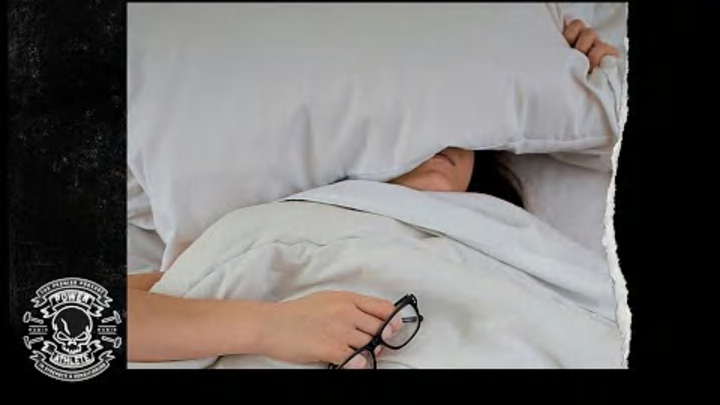Prioritizing Sleep for Optimal Muscle Recovery and Performance Gains

When athletes aren’t hitting the performance goals they’ve set, it’s time to take a step back and ask a few crucial questions. First, are you tracking your workouts? Are you staying on top of your macros and protein intake? But perhaps most importantly, what does your sleep routine look like? It’s easy to focus on training hard and hitting your protein numbers, but sleep is the real key to unlocking your potential. Without enough sleep, you’re sabotaging your progress, no matter how much effort you’re putting into training.
If you’re scraping by on just 3 to 4 hours of sleep each night, you’re setting yourself up for failure. Sure, you can push through a lack of sleep for a while, but it’s going to catch up with you. Sleep is the body’s number one recovery tool. It’s where the magic happens, muscles repair, hormones reset, and your nervous system recovers from the stress you’ve thrown at it all day. Training hard without adequate sleep is like trying to build a house on a foundation that’s crumbling underneath you.
Now, I know some of you are thinking, ""But I get up at 4 a.m. to fit in a workout. Isn’t that the grind I’m supposed to be on?"" Here's the thing: If you’re only getting 4 hours of sleep to hit that early workout, you might be doing more harm than good. Sure, you’re logging the hours in the gym, but if your body isn’t recovering, you’re just spinning your wheels. The muscle growth you’re chasing? That doesn’t happen in the gym. It happens when you sleep. Without recovery, you’re just beating yourself into the ground, and it’s no surprise when performance plateaus or injuries start piling up.
This idea of grinding on little sleep has been glorified by public figures like The Rock or Jocko Willink. Their discipline and work ethic are admirable. But let’s be clear: their routine doesn’t mean it’s right for everyone, especially if your goal is to optimize physical performance. Sleep deprivation might work for a while, but it’s not a sustainable strategy for most people. If you're cutting sleep just to squeeze in an extra workout, it’s time to rethink your approach. You’re better off hitting the gym four times a week with eight hours of sleep each night than forcing six days of training on a sleep-deprived body.
At the end of the day, you need to respect your body’s need for recovery. Training hard is only one piece of the puzzle. If you’re serious about performance, you have to treat sleep with the same respect you give to your workouts and nutrition. So, before you sacrifice sleep for more training, ask yourself, are you really making gains or are you doing it just be cool for the Instagram crowd obsessed with hustle porn. If you want to continue to make progress in the gym, and life, prioritize rest and recovery before it becomes your Achilles heel.
